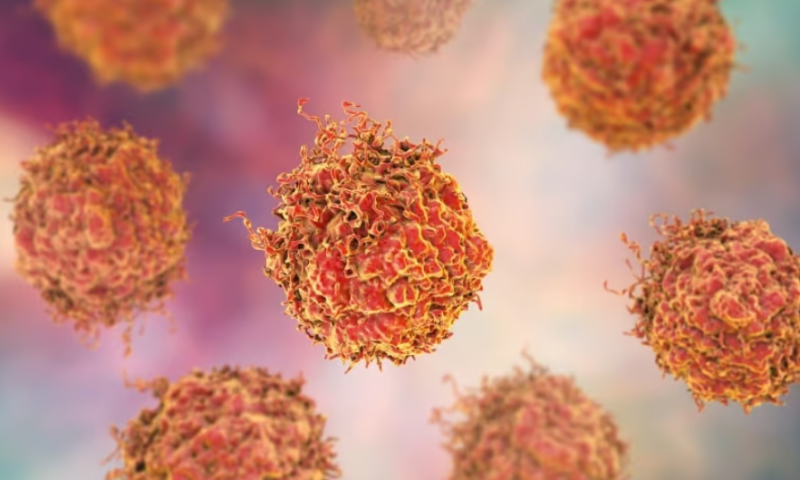A drug used to treat irritable bowel syndrome (IBS) appears to be effective against prostate cancer in mice when given in tandem with chemotherapy, a new study shows.
In an article published Jan. 22 in Cell Reports Medicine, a research team led by scientists from Washington State University reported that combining the drug dicyclomine with the chemotherapy agent docetaxel suppressed tumor growth in mice with prostate cancer more effectively than docetaxel alone. Dicyclomine is sold by Axcan Pharma under the brand name Bentyl and in its generic form by many other companies.
“The effect was pretty dramatic in all the experimental models we tested,” study lead Boyang (Jason) Wu, Ph.D., said in a press release. “And because dicyclomine already has a clinical use, this work has immediate translational potential.”
Prostate cancer is the second most common male-specific cancer; about 13% of men develop it at some point in their lifetime and 2-3% die from it, according to the U.S. Centers for Disease Control. While prostate tumors typically respond well initially to hormone-based treatments such as chemical castration, they eventually develop resistance, which necessitates treatment with docetaxel, the researchers explained in their paper.
“However, the disease inevitably develops resistance to [docetaxel] and progresses to a … refractory state, leaving patients with very few therapeutic options after,” they wrote. Docetaxel resistance can develop in as little as six months of treatment, the scientists noted.
The researchers’ new study aimed to pinpoint the mechanism behind docetaxel resistance and to see if there might be a way to intervene. They started by building on evidence that a receptor called muscarinic type 1 acetylcholine receptor (CHRM1) is involved in prostate cancer growth and metastasis. Their analysis found higher levels of CHRM1 in docetaxel-resistant human prostate cancer cell lines compared to controls, along with evidence that signaling processes involving the nervous system chemical acetylcholine, which binds to CHRM1, increases in prostate cancer cells after they’re exposed to docetaxel.
Given these findings, alongside others from additional experiments in mice and patient-derived cancer cells, the researchers tested whether dicyclomine, a small molecule that treats IBS by inhibiting CHRM1, had any effect on tumor cells’ sensitivity to docetaxel. That was indeed the case in both mouse models and in cancer cell lines, including tumor cells that had not yet developed resistance to chemotherapy. Specifically, a combination of dicyclomine and doxetaxel slowed tumor growth to a greater degree than doxetaxel alone.
There are downsides to dicyclomine, however. Like some other anticholinergic drugs, it’s been linked clinically and in animal models with worsening or increasing the risk of dementia. The new study did not look at how the treatment affected the animals’ cognition, though the dose they used was at the lower end of those that have been studied in mouse models of Parkinson’s and similar disorders.
While dicyclomine’s impact on cognition in this context remains to be explored, it is plausible that the combination could reduce the adverse effects of docetaxel. By using dicyclomine to make tumor cells more sensitive to chemotherapy, docetaxel might be effective at a lower dose, Wu noted in the press release.
“What this suggests is that the lowest effective dose of docetaxel may be lower when the drug is combined with dicyclomine, compared to when docetaxel is used alone,” he said. “Being able to use a lower dose could … make treatment more manageable for patients.”

